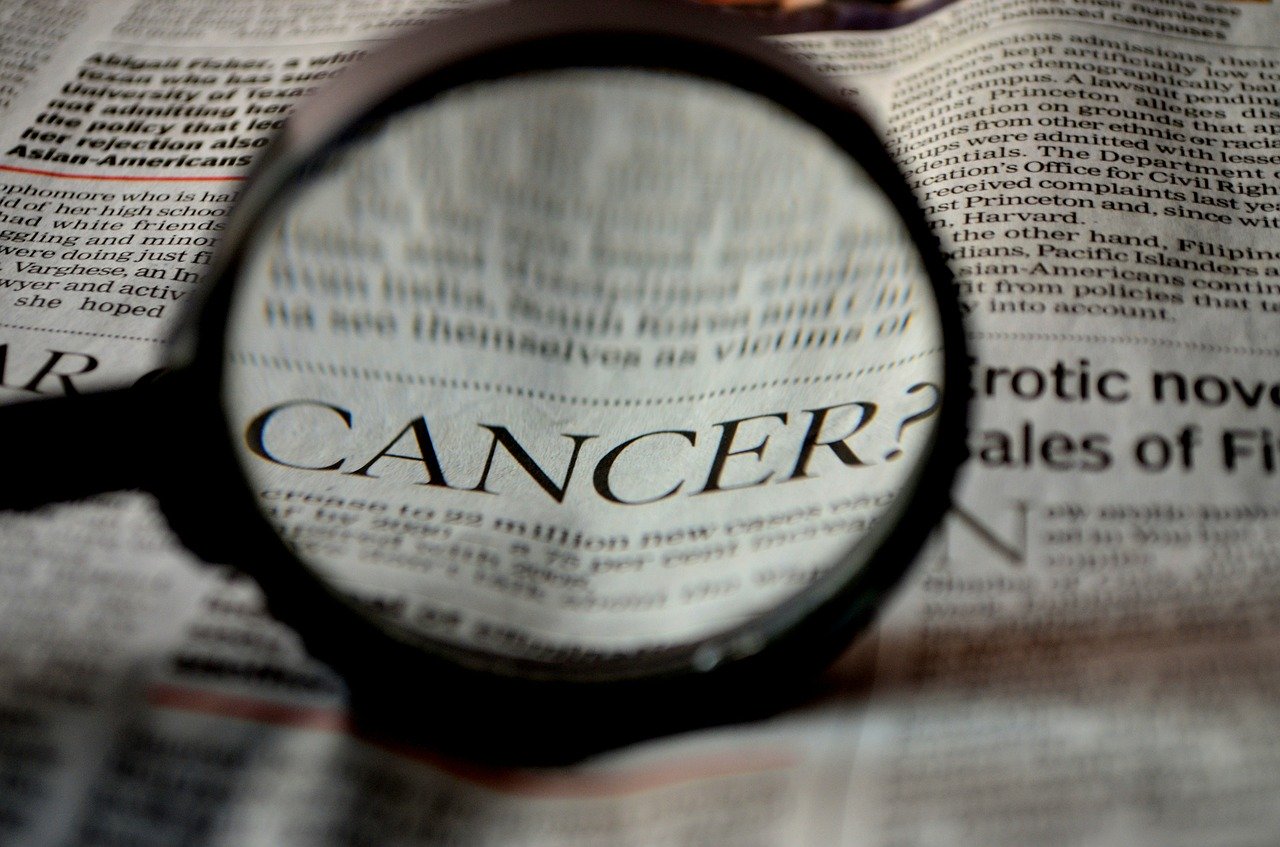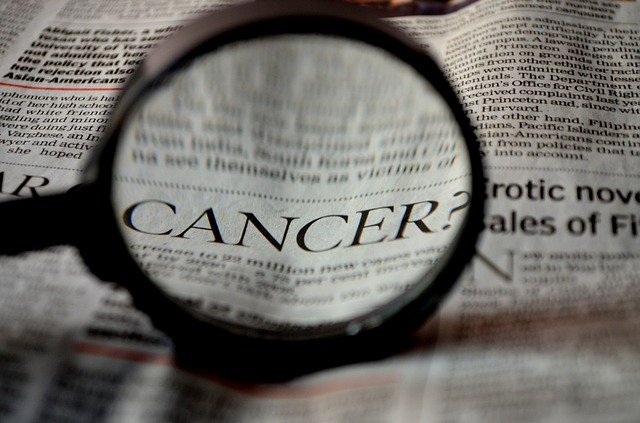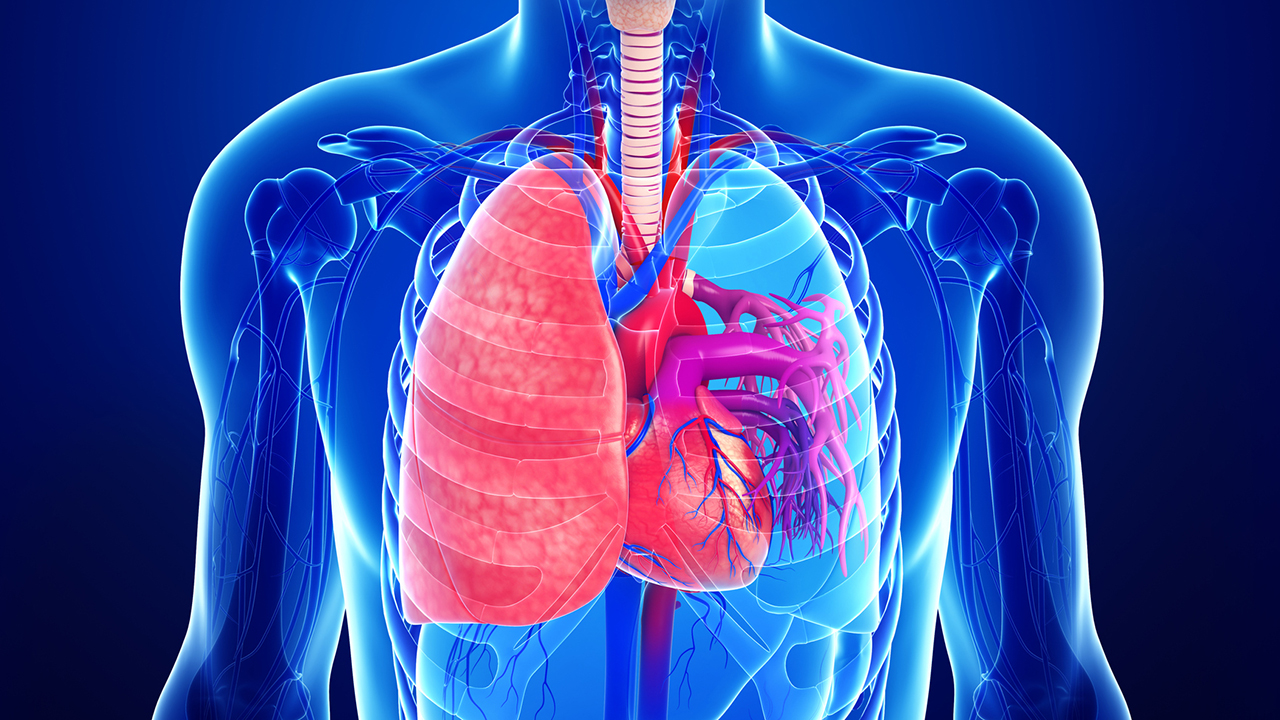Cancer causes cells to divide uncontrollably. This can cause tumors, immune system damage, and other disorders that can be fatal.
In the United States, approximately 15.5 million people with a history of cancer lived as of January 1, 2016, according to a 2018 report by the American Cancer Society.
What is cancer?

Cancer is a broad term. Describes the disease that results when cell changes cause the uncontrolled growth and division of cells.
Some cancers cause rapid cell growth, while others cause cells to grow and divide at a slower rate.
Certain forms of cancer cause visible growths called tumors, while others, such as leukemia, do not.
Causes
For example, more than 480,000 people die in the United States each year from smoking cigarettes, according to data reported in 2014.
In addition to smoking, risk factors for cancer include:
- high alcohol consumption
- excess body weight
- physical inactivity
- poor nutrition
Is the cancer genetic?
Genetic factors can contribute to the development of cancer.
A person’s genetic code tells their cells when to divide and expire. Changes in genes can lead to defective instructions and can lead to cancer.
Genes also influence the protein production of cells, and proteins carry many of the instructions for cell growth and division.

Some genetic changes occur after birth, and factors such as smoking and sun exposure can increase your risk.
Other changes that can cause cancer occur in chemical signals that determine how the body deploys or “expresses” specific genes.
Finally, a person can inherit a predisposition to a type of cancer. A doctor may refer to this as an inherited cancer syndrome. Inherited genetic mutations contribute significantly to the development of 5 to 10 percent of cancer cases.








